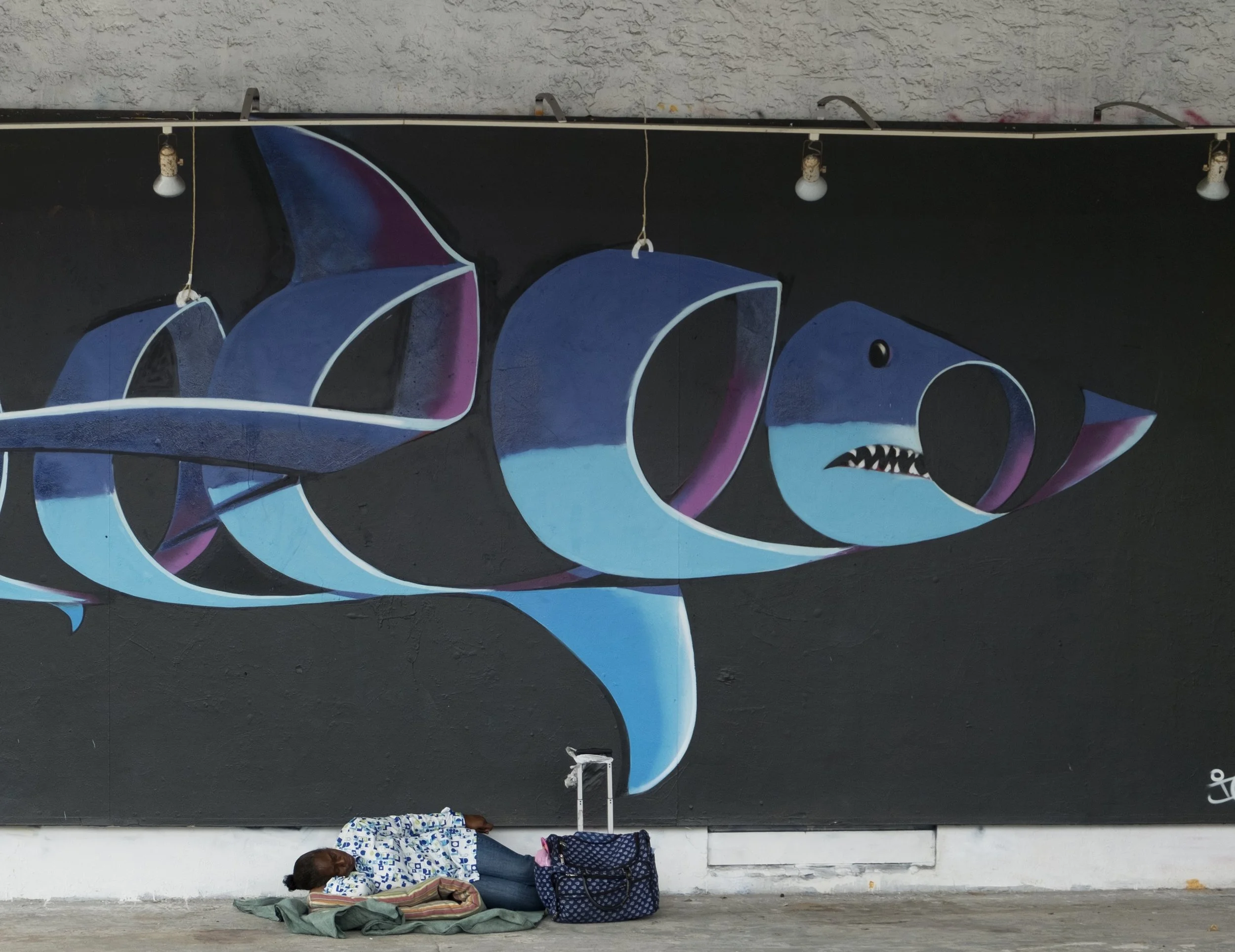At a time when protest often seems to be the last recourse for those longing for a better world and a more sustainable faith, the Solidarity Circles of the Wendland-Cook Program in Religion and Justice at Vanderbilt University are designed to expand horizons by constructing and building alternatives. Our approach is wholistic from the outset.
Read MoreIn the next few moments, I want to take a look at the bigger picture of which Barbara’s life reminds us, and to which it testifies. This is the good news: Barbara’s life can make us see a bigger picture and something that is happening in the world, which is bigger than us. I take this to mean that we are never alone, even if it may sometimes feel that way. This is, of course, what Christians believe, but this is also what many other faith traditions tell us. Even people who don’t embrace any particular faith often have an acute sense of something bigger at work than the individual, and many intuitively grasp that we are not alone.
Read MoreJoerg Rieger, Founding Director of the Wendland-Cook Program in Religion and Justice, recently appeared in two episodes of the Faith & Reason podcast and unpacks the distinction between religion and politics. Listen here.
Read MoreThe choice seems clear: we are either gathered by the grace of Jesus or pulled apart by the power of Caesar.
Read MoreThis podcast episode was recorded Wild Goose Festival 2018. In it, Joerg Rieger, Founding Director of the Wendland-Cook Program in Religion and Justice, discusses the misuse of power in religion, politics, and economics, which are the subjects of his book Jesus vs. Caesar: For People Tired of Serving the Wrong God (Abingdon 2018).
Read MoreWhile there is concern that religion and politics have entered into relationships that are too close, we should be even more concerned about the relation between religion and economics. Here are three questions to consider.
Read MoreWhat might we learn if we understand Jesus’ death and resurrection in the context of terrorism?
Read MoreRather than asking how much authority the Bible should have in an ideal world, a better question would be what role the Bible actually plays in people's lives.
Read MoreJoerg Rieger and Peter Laarman unpack structural poverty and to address religion’s stake in the dramatic growth of economic inequality in American society.
Read MoreUnlike in the Roman Empire, many of our images of Mammon resemble our images of God. Instead of Caesar’s image that was imprinted on Roman coins, US Dollar bills bear an image of the Trinity and the words “In God We Trust.”
Read MoreSome people of faith are too timid when it comes to conflict, some are too eager to embrace it, and for whatever remains we have conflict resolution. This conclusion, however, is mistaken.
Read MoreGood news to the poor and freedom for the oppressed requires a more holistic response. This is what we are calling deep solidarity.
Read MoreThe future of the poor, of racial and sexual minorities, of working people (to which 99 percent of us belong), and of the environment, is never entirely in the hands of individuals, no matter how powerful they may be at the moment.
Read MoreA nagging problem remains that those who talk about stratification and the poverty line are unable or unwilling to address: What about the relationship between the classes?
Read More









![What Does It Look Like to Be Followers of Jesus Today? [Podcast]](https://images.squarespace-cdn.com/content/v1/5c3bf2dc710699576122a303/1557765289479-Z43B52KZOACX19GTGJUI/faith-and-reason-podcast.png)










